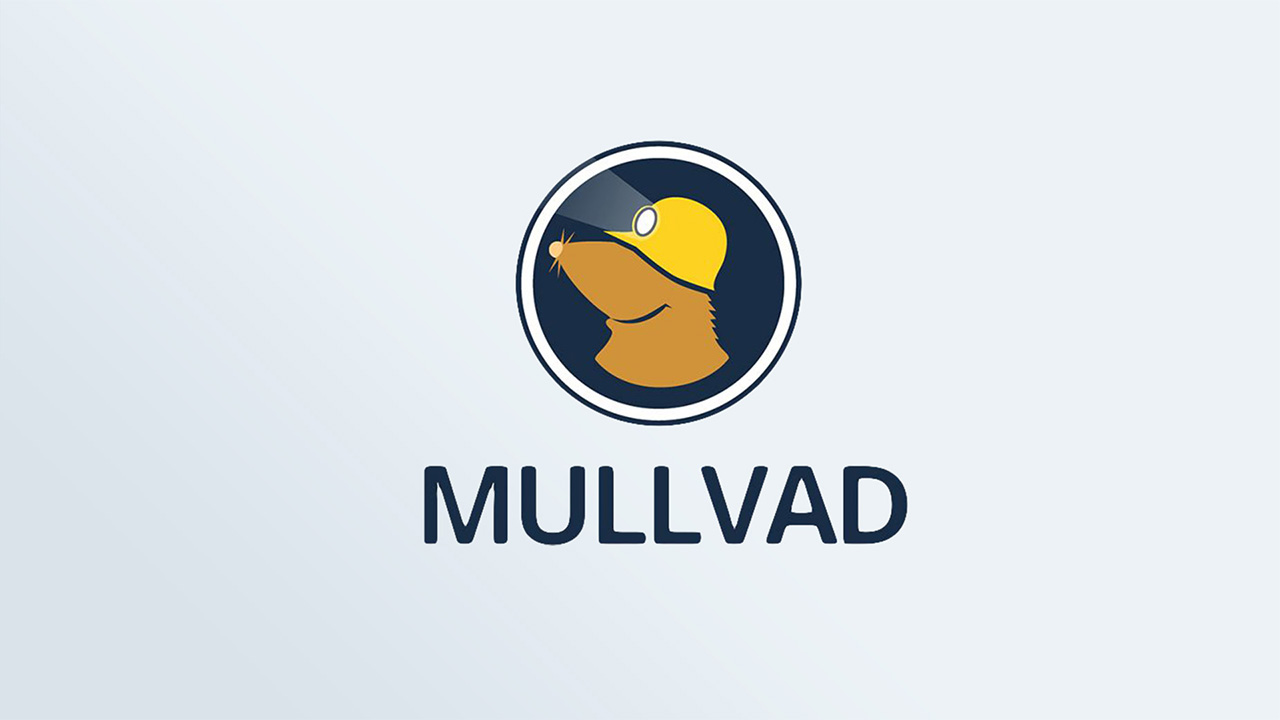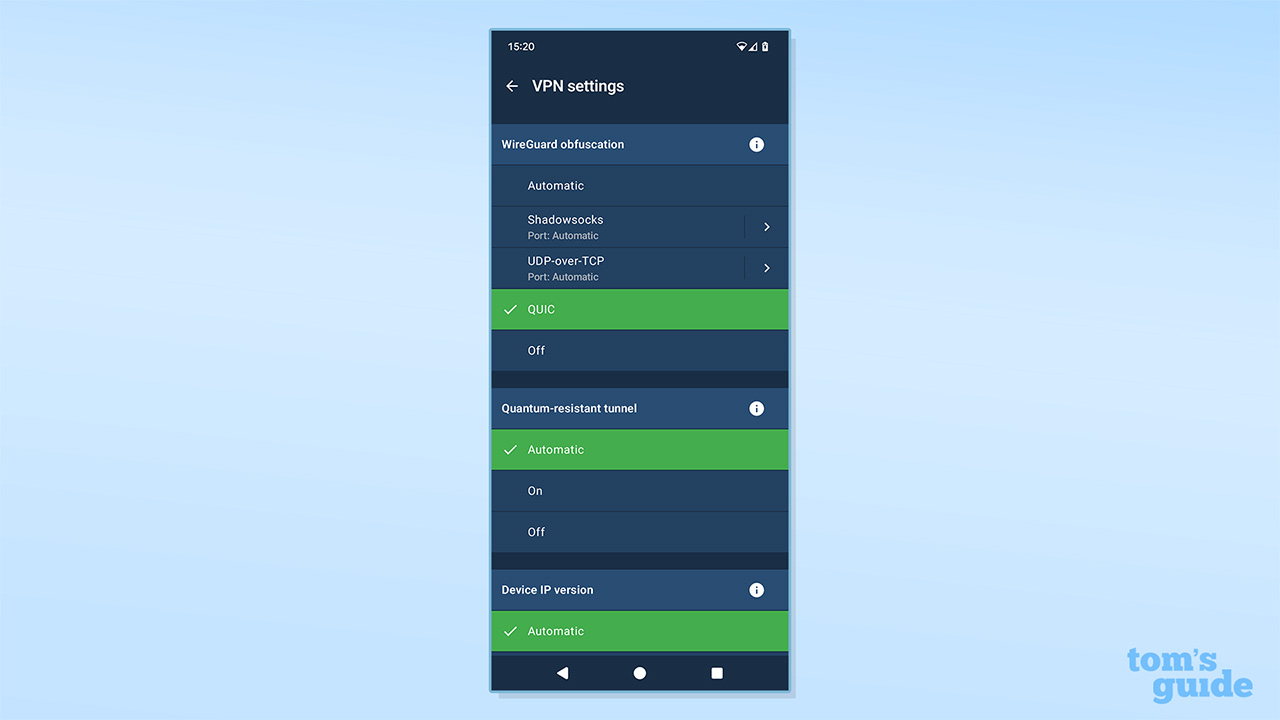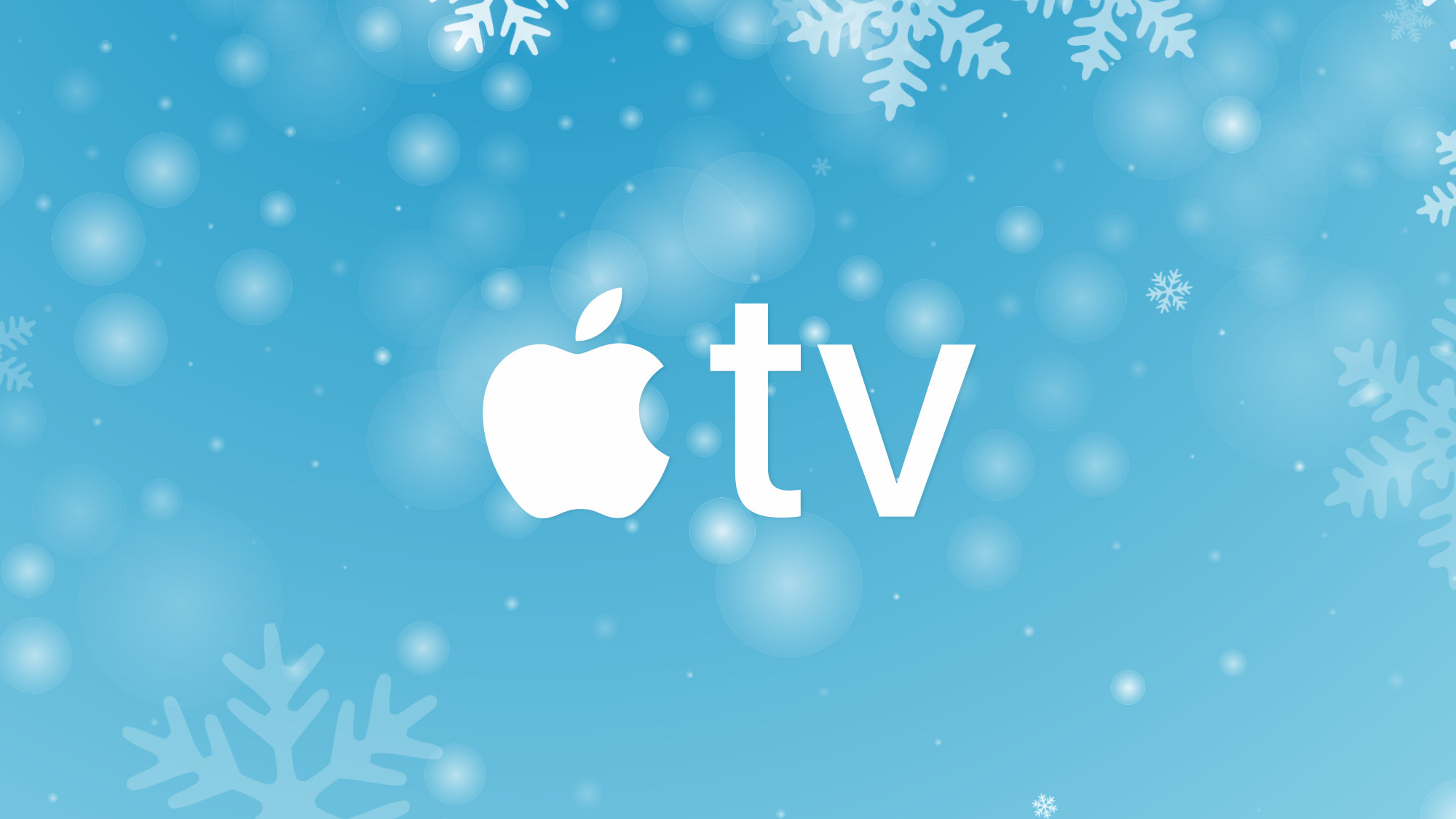Mullvad VPN rolls out QUIC obfuscation for Android and iOS
Mullvad takes on internet censorship head-on

After bringing its QUIC obfuscation protocol to WireGuard on desktop platforms on September 9, Mullvad VPN has now also made it available on its iOS and Android apps.
It’s worth noting that Mullvad will automatically switch to QUIC after several failed connection attempts, but you can configure your mobile VPN app to always use QUIC by going to your device’s Settings → VPN Settings → Wireguard obfuscation → QUIC.

How does QUIC work?
QUIC works by masking your VPN traffic as regular internet traffic, making it virtually impossible for sophisticated censorship systems and firewalls to find out that you’re using a VPN.
The feature was developed for highly censored regions such as China, Russia, and Turkey, which often throttle or block VPN connections.
Under the hood, QUIC is a VPN protocol built on UDP, originally developed by Google as a replacement for TCP in HTTP/2. What makes it so ideal for obfuscation is its resistance to packet loss and built-in multiplexing, meaning it can carry multiple data streams simultaneously.
Mullvad uses the MASQUE standard to tunnel its WireGuard UDP traffic through an HTTP/3 connection, making VPN traffic far more difficult to detect or block.
Now, QUIC can also recover from packet loss faster than TCP – while also minimizing latency. This makes it an ideal sidekick that improves performance on unstable mobile networks, especially in regions that experience buggy or unreliable networks.
Mullvad joins the fight against censorship
An increasing number of the best VPNs are now starting to put in the extra yards to fight censorship and restrictions. Mullvad’s latest update is, in fact, similar to NordVPN’s NordWhisper and Proton VPN’s Stealth Protocol.
All these features serve the same purpose – fight censorship by making VPN traffic undetectable by masking it as HTTP. To the uninitiated, HTTP isn’t blocked by most censorship authorities, since it would make a large chunk of the internet inaccessible. Mullvad’s QUIC (and other similar protocols) takes advantage of this to slip past existing restrictions.
All in all, QUIC is yet another step forward by Mullvad in its mission to maintain its position as one of the most private VPNs. It already boasts a strict no-logs policy and a unique DAITA (Defense Against AI-guided Traffic Analysis) feature, plus it’ one of the few providers to accept payments in cash.
We test and review VPN services in the context of legal recreational uses. For example: 1. Accessing a service from another country (subject to the terms and conditions of that service). 2. Protecting your online security and strengthening your online privacy when abroad. We do not support or condone the illegal or malicious use of VPN services. Consuming pirated content that is paid-for is neither endorsed nor approved by Future Publishing.

Krishi is a VPN writer covering buying guides, how-to's, and other cybersecurity content here at Tom's Guide. His expertise lies in reviewing products and software, from VPNs, online browsers, and antivirus solutions to smartphones and laptops. As a tech fanatic, Krishi also loves writing about the latest happenings in the world of cybersecurity, AI, and software.
You must confirm your public display name before commenting
Please logout and then login again, you will then be prompted to enter your display name.
 Club Benefits
Club Benefits





